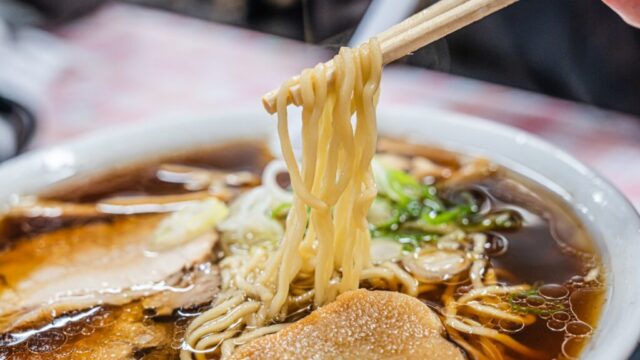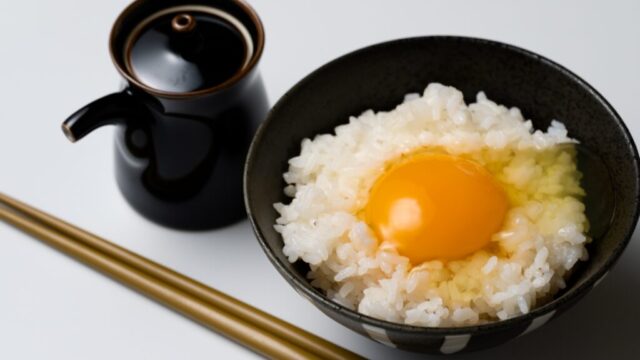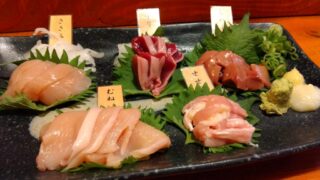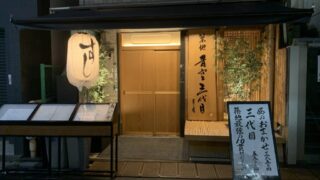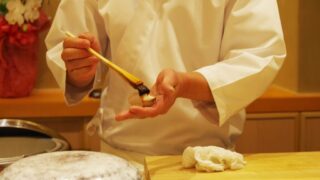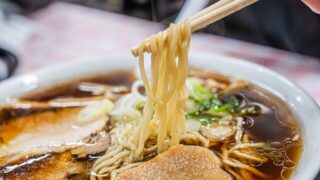Based on my experiences accommodating many visitors to Japan and living abroad, I’ve noticed various unique characteristics of Japan. Among them, I’ve compiled useful information for your Japan trip, so please take a look before you travel!
No Tipping Culture

Tipping is not customary in Japan, unlike in other countries. Expressing gratitude to the staff verbally is more than enough.
No Assigned Waiters at Restaurants
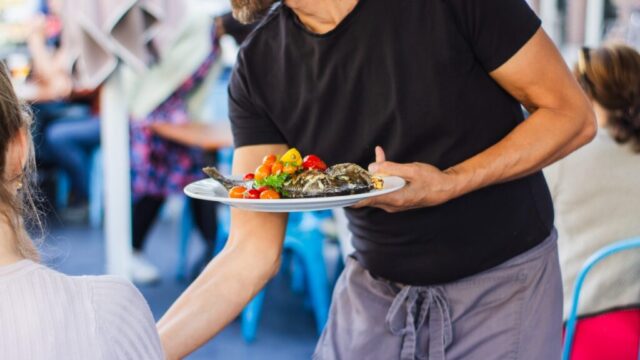
Unlike other countries where each table has an assigned waiter, most restaurants in Japan do not have such a system. You can call any staff member for assistance. If the initial staff who served you doesn’t look after your table, don’t be disappointed. This culture might be due to the absence of a tipping culture in Japan.
Shoes Off at Home
In Japan, it’s customary to take off your shoes when entering someone’s home. Some restaurants may also require you to remove your shoes. Be mindful of this when visiting a friend’s home, and if you see shoe lockers or steps at a restaurant, don’t hesitate to ask the staff if you should take off your shoes. It’s not considered rude—I often ask when I’m unsure!
Limited English Proficiency
Japanese people generally aren’t highly proficient in English. While higher-grade hotels should have no issue with English communication, you might face some challenges in budget accommodations or in public. However, many places provide English paper guides to help you out.
…But They’re Kind and Helpful
Despite the language barrier, Japanese people are generally kind and willing to help when you’re in trouble. If they don’t speak English, they will likely find someone who does. Don’t hesitate to ask if you need any help!
Try Suica/Pasmo
When visiting Japan, I highly recommend getting an electronic money card called Suica or Pasmo. They have different names depending on the issuing company, but their functions are identical, so you don’t need to worry. Initially issued by railway companies as electronic fare cards, they are now widely accepted in various public transportation, taxis, convenience stores, and many eateries. You can easily obtain them from ticket vending machines at most central stations. A deposit of 500 yen is required, but after that, your Japan stay will be remarkably smooth. Note that one Suica/Pasmo card cannot be shared among a group for public transportation—each person will need their own card.
Haneda Airport if Possible
When visiting Tokyo, if you have the option, I recommend Haneda Airport over Narita Airport. Haneda offers much better access to the city center.
Debit Cards Are Not Widely Used
Unlike in other countries, debit cards are not commonly used in Japan. It’s better to carry cash, electronic money (Suica, Pasmo), or credit cards.
Avoid Rush Hour
If you’re staying in Tokyo and want to be active early in the morning on weekdays, I strongly advise avoiding public transportation between 7:00 and 9:30 am. The rush hour can be extremely crowded on some train lines depending on routes, and you might feel quite uncomfortable. If you must use public transportation during these hours, consider alternative routes or discuss with hotel staff to find a mitigation plan.
Earthquakes Happen
Earthquakes are not uncommon in Japan. There is a possibility of experiencing it during your stay, but rest assured that Japan is well-prepared for earthquakes. Buildings are designed to withstand them, and major incidents are rare. In case of a significant earthquake, Japanese people around you will surely help and guide you.
Limited Smoking Areas
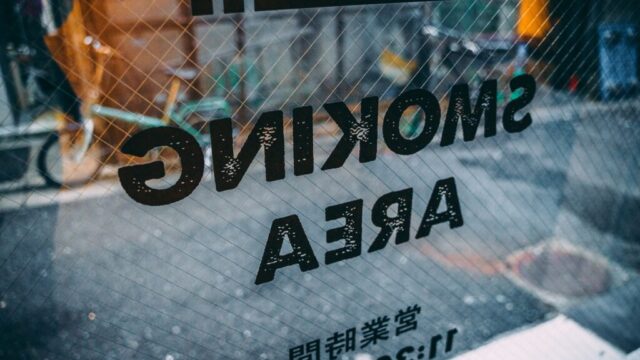
Japan values smoking manners. Many restaurants are non-smoking, and smoking is limited to designated areas even in outdoor spaces. Please be mindful of this to avoid any potential penalties for smoking in non-smoking areas.
Google Maps
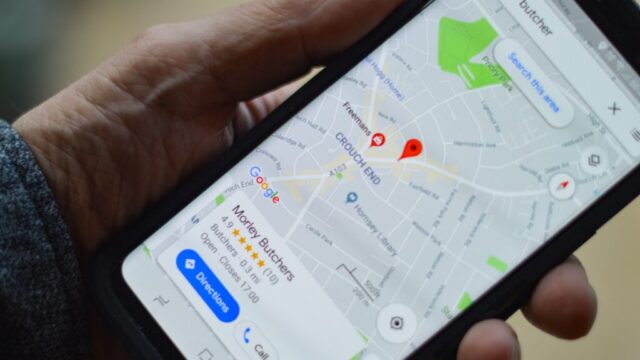
Japan has a highly developed public transportation system, and mastering it can significantly enhance your Japan stay. However, it can be overwhelming at times, making it difficult to find the best route to your destination. In such cases, using Google Maps for route searching is recommended. It considers walking distances and provides you with the most optimal route, so definitely make use of it during your stay!



